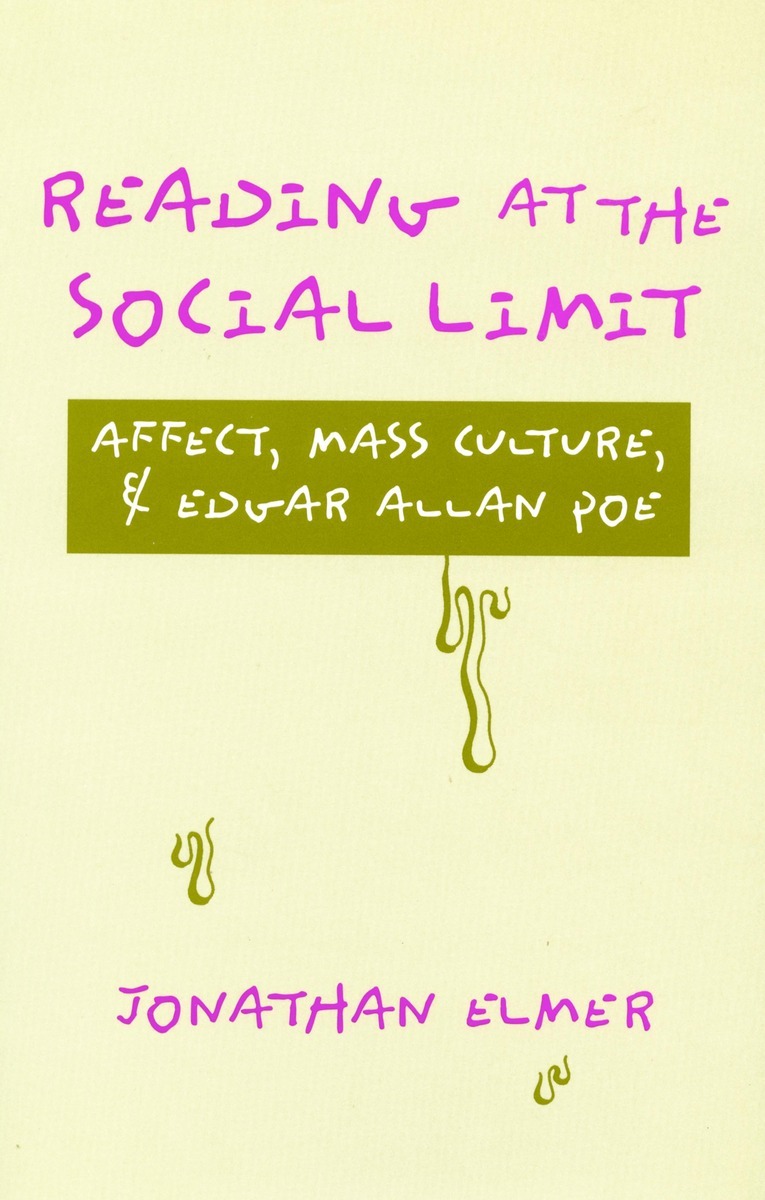“a brilliant exploration of
Poe's writing in relation to the
formation of modern mass subjectivity.”
―Michael Moon, Duke University
The work of Edgar Allan Poe and his place in the literary canon continues to provoke debate. Many critics have been puzzled as to how Poe can stand simultaneously as the germinal figure of a central modernist trajectory (leading via Baudelaire to French Symbolism and thence to the high modernism of Eliot and others) and as the acknowledged pioneer of several durable mass-cultural genres, including detective and science fiction and certain modes of sensational or Gothic horror. Arguing that Poe is not exceptional but exemplary in this ambivalent relationship to mass culture, the author offers a new theory of mass culture and ideology through extended analysis of four motifs in Poe's works: the notion of the uncanny and its link to anxieties about originality; Gothic horror and identification; the confessional psychopath; and the figure of the dupe and the logic of the hoax.

 The College of Arts
The College of Arts